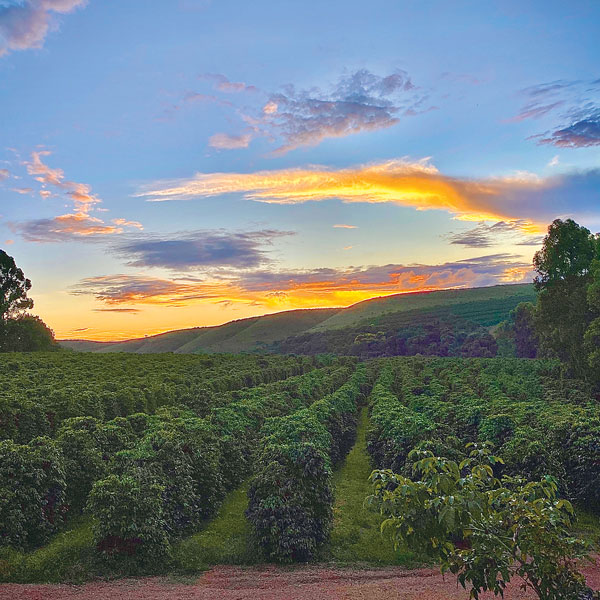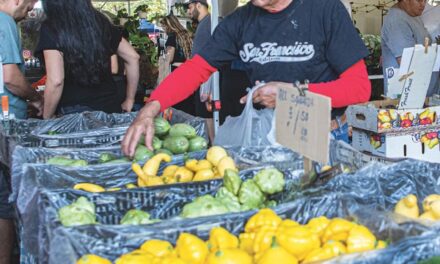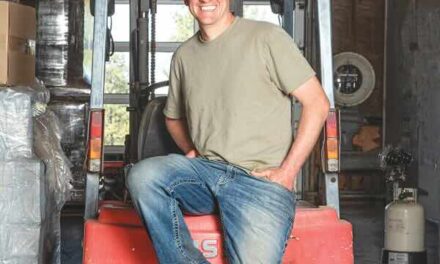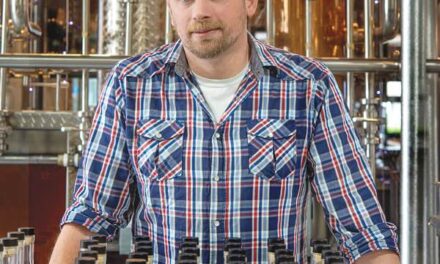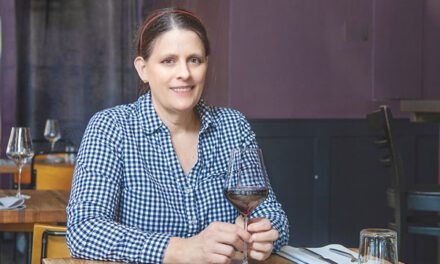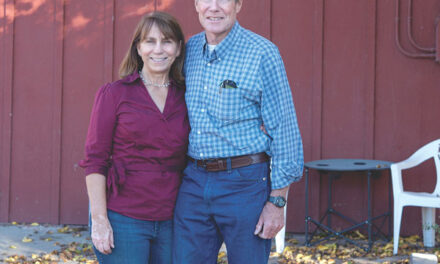Fair Trade Future
Local coffee shops face uncertain harvest
By Tessa Marguerite Outland
May 2020
Coffee, as simple as it may sound, is an essential part of many people’s lives. When Gov. Gavin Newsom’s Executive Order in March required all non-essential businesses to cease operations to mitigate the impact of COVID-19, an abrupt halt came to daily routines. No more sitting in cafes sipping hot pour-overs, nor chatting with friends over cranberry scones and lattes.
The mandate threatened not only local businesses, bars and cafes, but also their suppliers such as farmers who sell green coffee beans. Most of Sacramento’s local coffee shops have been able to remain open by offering to-go and curbside-pickup, but the impact has been heavy on coffee roasters and farmers.
Sacramento is excellent at harvesting coffee shops, as evident in the last 40 years. The first appearance on the specialty coffee scene in Sacramento began when Coffee Works sprouted up in 1982. Naked Coffee was established in 2002, followed by Temple Coffee Roasters and Old Soul Co. in 2005 and 2006, respectively. Two years later, Chocolate Fish Coffee Roasters entered the field, then Insight Coffee Roasters in 2011, Camellia Coffee Roasters in 2015 and Milka Coffee Roasters in 2019. The list goes on and continues to grow.
At these small-batch specialty coffee shops, fair trade or direct trade are important. Many Sacramento coffee roasters have taken fair trade one step further by employing direct trade and often visiting the coffee farm. When roasters buy green coffee beans straight from the growers, they cut out the traditional middleman buyers and sellers. This movement, like fair trade, aims to improve social, economic and environmental standards.
Husband-and-wife team Andy and Edie Baker opened the first Chocolate Fish Coffee Roasters in 2008 in Downtown Sacramento. They now own two additional cafes in East Sacramento and Land Park/Curtis Park. Upon Gov. Newsom’s order, the Bakers were tasked with making some severe and necessary changes for their business. They decided to temporarily close the Downtown location, and cut store and staff hours at the other two locations. Management and owners worked as baristas, according to Edie.
Andy, who is also the cafe’s head roaster, says safety measures due to the coronavirus crisis are hugely affecting their business. The pandemic may have an impact on this year’s harvest and purchase of green coffee beans, as well. “But right now, in early spring most crops are in the middle of harvest so the effect will not be evident until August,” Andy says.
Chocolate Fish Coffee Roasters has direct trade relationships with farmers in Guatemala, Honduras, Peru, Nicaragua and Brazil, to name a few.
Nathalia Martins O. Azzi is CEO of Our Coffees Inc., with coffee farm Fazenda Santa Luzia in Brazil. Azzi began working on her father’s farm to improve systems, organization and training with the goal of creating quality coffee. Now, Our Coffees sells to businesses around the world, including Chocolate Fish Coffee Roasters, from a coffee plantation of almost 1,000 acres.
In early April, Azzi reports the government took precautions to mitigate the spread of the coronavirus. “The city where the farm is located has 14,000 habitants,” Azzi says. “No one who lives outside the city can come in.”
On the farm, they have implemented their own safety measures. “We are taking care of the employees,” Azzi says. “Each one has their own material, washes hands and uses alcohol gel in every activity exchange.”
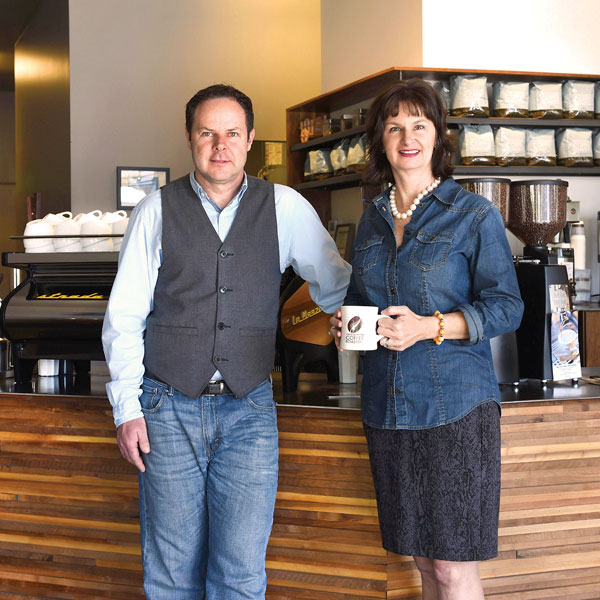
Since coffee shops across the globe will most likely sell less coffee this year, Azzi expects to see that reflected in coffee bean sales. However, she remains hopeful about the future of the farm and this year’s harvest.
“We are doing higher training intensity with employees and also improving a lot of points we need and didn’t have time to do it,” Azzi says. “Every crisis also brings us a powerful and new way of thinking.”
Tessa Marguerite Outland can be reached at tessa.m.outland@gmail.com. Follow us on Facebook, Twitter and Instagram: @insidesacramento.



